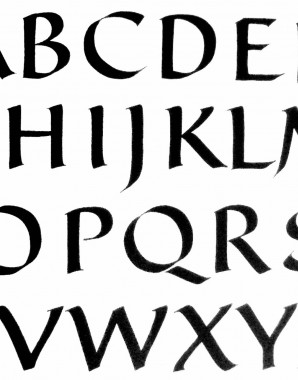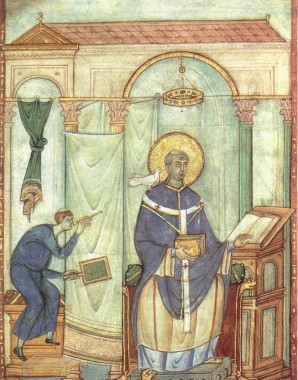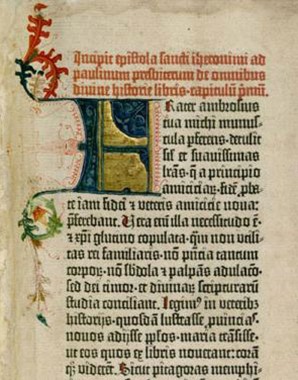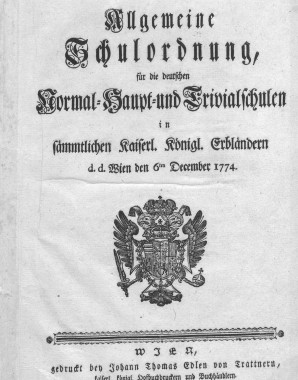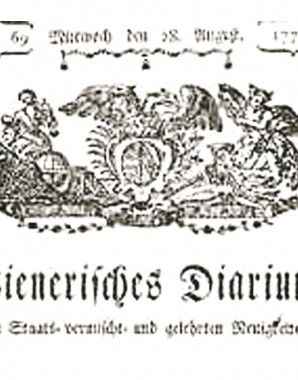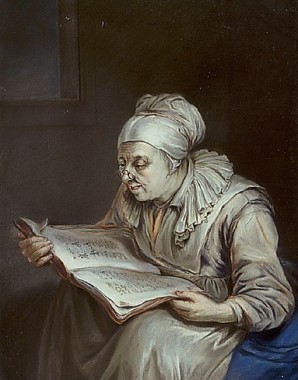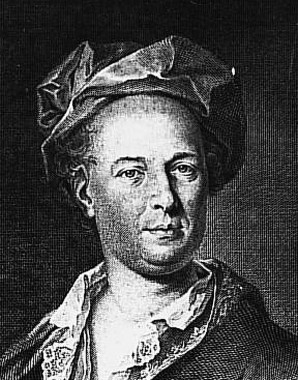Of Reading and Writing
In the Middle Ages there was no absolutely indispensible connection between reading and writing. Someone who could read was not necessarily also able to write. Nonetheless, new needs in industry and administration began to demand people who possessed both skills. A boom in education ensued, resulting in a restructuring of the school system, which until then had been dominated by the Church. Textualization affected broad areas of public life. The invention of the printing press in the fifteenth century led to the triumph of the printed book over the manuscript: book production and sales rose swiftly. The reading revolution of the eighteenth century brought fundamental changes in reading behaviour, the reading public and the production of literature in its wake and also took hold in the Habsburg lands, albeit slightly later than in other European countries.

